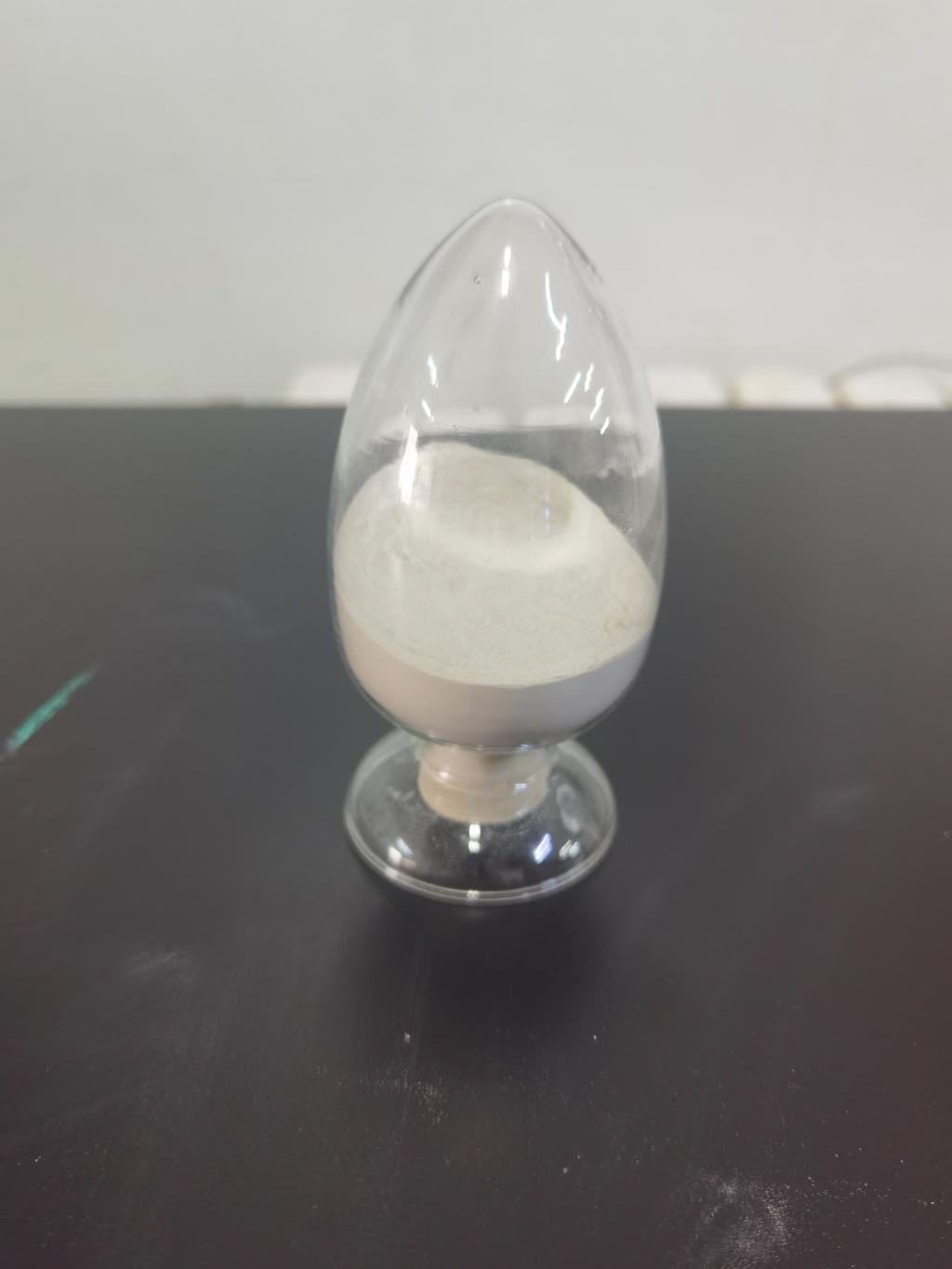Tel:+8618231198596

News
 CONTACT
CONTACT
 CONTACT
CONTACT
- Linkman:Linda Yao
- Tel: +8618231198596
- Email:linda.yao@dcpharma.cn
- Linkman:CHARLES.WANG
- Department:Overseas
- Tel: 0086 0311-85537378 0086 0311-85539701
News
Current Position:
Home >
News
>The potential for nisin to enhance the safety of low-pH foods like citrus products.
The potential for nisin to enhance the safety of low-pH foods like citrus products.
TIME:2024-10-23
Understanding Low-pH Foods
Low-pH foods, characterized by a pH of 4.6 or below, include a variety of products such as citrus juices, pickled vegetables, and certain fruit-based sauces. The acidity in these foods acts as a natural preservative, inhibiting the growth of many spoilage organisms. However, some pathogens, such as Listeria monocytogenes and E. coli, can survive and potentially thrive in acidic conditions. This poses a significant concern for food safety, particularly in ready-to-eat products where minimal cooking is involved.
Nisin: A Natural Antimicrobial Agent
Nisin is classified as a bacteriocin, a type of protein that exhibits antimicrobial properties against a range of bacteria. Its primary mode of action involves binding to lipid II, a molecule essential for cell wall synthesis in Gram-positive bacteria. By disrupting this process, nisin effectively inhibits bacterial growth and can induce cell death.
The unique properties of nisin make it particularly suitable for application in low-pH foods. Its stability in acidic environments, combined with its safety profile and regulatory approval for food use, allows for its incorporation into a variety of products without altering flavor or safety.
Enhancing Safety in Citrus Products
Inhibition of Pathogenic Bacteria: Nisin has been shown to effectively inhibit key foodborne pathogens that may contaminate citrus products. For instance, studies have demonstrated that nisin can significantly reduce populations of Listeria monocytogenes and E. coli in citrus juices, enhancing their safety and extending their shelf life.
Preservation of Quality: In addition to its antimicrobial properties, nisin can help maintain the sensory qualities of citrus products. By preventing the growth of spoilage bacteria, nisin helps preserve the flavor, aroma, and nutritional value of these foods, allowing consumers to enjoy fresh, high-quality products.
Extended Shelf Life: The incorporation of nisin in citrus products can significantly extend their shelf life by inhibiting microbial growth. This is particularly beneficial for commercial producers who aim to minimize food waste and maximize product availability. Extended shelf life also provides consumers with the convenience of longer-lasting products.
Challenges and Considerations
While the potential benefits of nisin in enhancing the safety of low-pH foods are substantial, there are challenges to its application. Factors such as concentration, formulation, and processing conditions can influence the effectiveness of nisin. Additionally, regulatory considerations must be addressed to ensure compliance with food safety standards. Ongoing research is essential to optimize nisin application in various low-pH food products, including citrus.
Conclusion
Nisin presents a promising approach to enhancing the safety of low-pH foods, particularly citrus products. Its ability to inhibit pathogenic bacteria, preserve product quality, and extend shelf life aligns with the growing consumer demand for safe and healthy food options. As the food industry continues to evolve, the integration of nisin into low-pH food formulations could play a critical role in ensuring food safety and quality, benefiting both manufacturers and consumers alike. Continued research and innovation in this area will further elucidate the potential of nisin and solidify its position as a valuable tool in the preservation of citrus and other low-pH foods.
- Tel:+8618231198596
- Whatsapp:18231198596
- Chat With Skype







